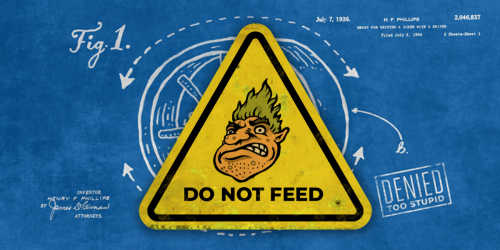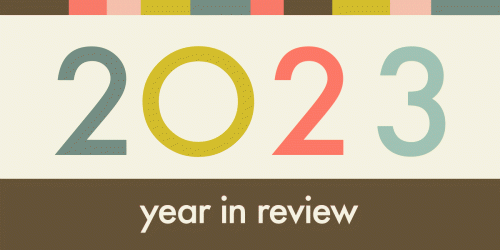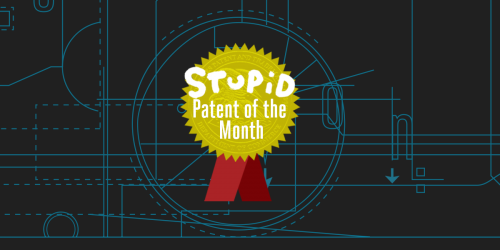If trolls don’t face consequences for asserting invalid software patents, then they will continue to shake down productive companies. That is why EFF has filed an amicus brief [PDF] urging the court to uphold fee awards against patent trolls (and their lawyers) when they assert software patents that are clearly invalid under the Supreme Court’s decision in Alice v. CLS Bank (which held that an abstract idea is not eligible for a patent simply because it has been implemented on a generic computer). Our brief explains that the most abusive patent trolling tends to come from trolls that own abstract software patents.
This case began when a patent troll called AlphaCap Ventures sued Gust, a company that connects startups with investors around the world. Claiming its patent covered various forms of online equity financing, AlphaCap Ventures filed suit against ten different crowdfunding platforms. Most of the defendants settled quickly. (In many patent troll suits, even when the patent is very weak, the high cost of litigation pressures defendants to settle.) But Gust fought back. Faced with a defendant willing to actually challenge its patent, AlphaCap Ventures eventually dismissed its claim. The district court ruled that AlphaCap Ventures’ attorneys had litigated unreasonably and ordered them to pay Gust’s attorneys’ fees. The lawyers then appealed.
In their appeal, AlphaCap Ventures’ attorneys argue that the law of patent eligibility—particularly the law regarding when a claimed invention is an abstract idea and thus ineligible for patent protection—is so unsettled that a court should never award fees when a party loses on the issue. Our brief argues that this would be a very dangerous rule. Certainly, some patent eligibility questions are difficult. But that does not mean all eligibility questions are difficult. Our brief explains that many of the most prolific trolls have made objectively unreasonable eligibility arguments. Indeed, district courts have already awarded fees in a few cases where trolls made unreasonable arguments regarding patent eligibility under Alice.
A group of companies (Acushnet, Garmin, Red Hat, SAP, SAS, Symmetry, and Vizio) also filed an amicus brief [PDF]. The companies’ brief makes the important point that fee awards against lawyers are essential to deter abuse from patent trolls. This is because most patent trolls are shell companies and many are structured to ensure that the troll never loses. Indeed, we’ve seen few recent cases where patent trolls were hit with fee awards then claimed they had no money to pay.
To take one example, notorious patent troll Shipping & Transit LLC (and its predecessors) has filed hundreds of cases asserting a family of patents on notification technology. After courts finally hit it with fee awards, the troll claimed [PDF] poverty. This is despite having secured more than 800 payouts, likely totaling many millions of dollars.
It seems that patent trolls are set up to ensure that even when defendants win, they lose. Without fee awards against the lawyers, abusive patent trolling will continue to flourish. We hope the Federal Circuit agrees.







